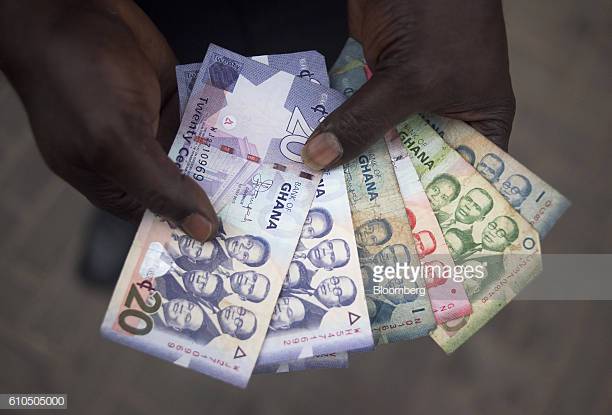
Overly Monetized Ghanaian Politics, an Affront to Democracy
Politics has undoubtedly become a part of the life of the Ghanaian citizen. Not a moment passes a Ghanaian’s life without a simulation of a political character.
Passing by the busy streets to under the quiet shade of the tree, one would hear radio sets tuned to political discussions. No gathering of people, or chitchat of two friends, passes with no comment on a political subject.
It has become clear that politics is the people and the people is politics, as Abraham Lincoln postulated in his definition of democracy – government of the people, by the people and for the people – of which politics is a subset.
A good majority of the people indeed show interest in politics while a clear minority does not, yet both sets are well aware that politics directly or indirectly impacts their lives. It is why Civil Society Organizations (CSOs), Non-Governmental Organizations (NGOs) and other groups of people offer critiques to help model a helping, people-centered political space.
All around the national development discourse, from agriculture, education, and healthcare through to science and technology, policies and interventions are a brainchild of political thoughts.
Quite worrying, the conduct of political activities in Ghana, over the period, has turned an ugly face – the over-monetization of democracy, “money-cracy”. As a result, politics, and for that matter, elections have become a matter of the highest bidder. This has marred the quality of people’s representation at both local and national levels of political decision-making.
When the whistle is blown for political campaigns in the build-up to elections, candidates race to the people – electorates – with money, ostensibly to buy their conscience. Even in intra-political party elections, the minds of delegates are besmirched with money, if you like, they are paid off. Thus, the Ghanaian electorate is now made to believe that, to contest an election, one must have enough money to dole out, and the opposite means outright rejection.
It has become a norm, of late, that politics and political campaigns should be dominated by money. How sad it has become that voting patterns are largely influenced by money.
What consequences does this phenomenon of “money-cracy” present before the country’s democracy? You might well ask!
Democracy is best practiced when it is manifested in the free, unadulterated expressed will of the people. Sadly, however, this trend of the “highest bidder” defies the expression of free will which is an affront to the tenets of democracy.
An overly monetized democratic system denies many people the opportunity to put themselves up for elections with the exception of the rich, privileged few. The reality is that one must ‘command’ money, or has some people behind her/him who commands money –financiers– before thinking of contesting elections. Anything short of this, one may have the best ideas and qualities to serve the people, but once the money quality is missing, she/he must forget it.
This way, inclusivity which is a critical element of democracy becomes non-existent. The practice also comes with a huge cost on social accountability. One might wonder.
The mirrored reality of this is that ideas and visions are replaced with bad governance and lack of foresight due to poor representation of the people. Good governance comes from good leadership; without the latter, society would never experience the needed growth and development.
The mother pitfall of the overly monetized political system is incessant corruption. No wonder Ghana keeps falling below the belt in recent corruption indexes. It is not the case that corruption is difficult to stop but the people to stop it have made investments that must be redeemed by hook or crook, as their demeanor portrays.
People spend money on electorates with the hope that when they win power, they would recuperate the monies spent. One would then ask where the money would be recuperated from since their legal salaries cannot suffice.
When their hopes are fulfilled and they win power, their next target is to save enough for the next electioneering season. And, by so doing, uncharitably, dubious means are employed – malfeasance, misappropriation and corruption.
In the event that they do not win, it becomes a rolling investment with compound interest to be redeemed when they finally get the nod. What an eerie mentality!
Ultimately, these result in stifled progress and development. Truth is, resources will never be made available in the right measures, and yet will never reach their intended destination in the right measure, ironically.
Conversely, the people, whose conscience and sense of sound judgement are being bought, would forever wait for the fulfilment of the promises entered with their “payers” – now, officeholders. For the latter, he has paid the earlier, and so whatever he offers afterwards is deemed an act of charity and never a duty. And he is right! But why must he be right, if not for a highly monetized political climate?
For mother Ghana, a beacon of democracy as she is prided, to hold on to this feat which is fast losing its shine, we must demonetize our politics. This can be done by enforcing existing laws and creating new ones to cover existing loopholes and of course, through mass public sensitization and education.
When this is done, our democracy will thrive and all its positives will yield an enlightened and fast-developing Ghanaian society.
Aminu Ibrahim
Community Development Advocate,
Youth Activist
ibrahimaminu364@gmail.com


